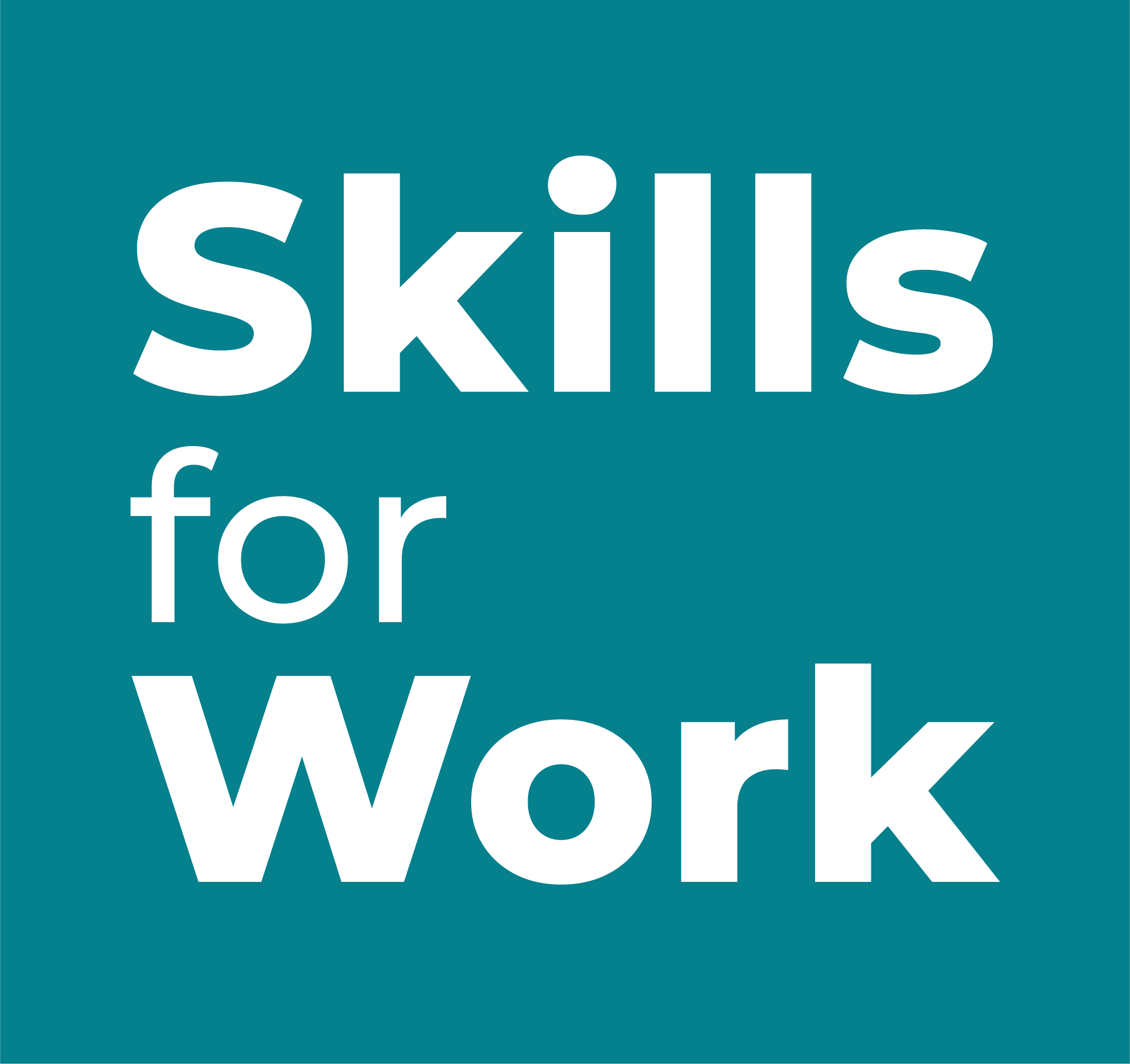A CV (curriculum vitae) is a record of your skills and achievements, which you may be asked to provide when applying for a job or apprenticeship. It helps future employers or trainers to decide if you have the skills and experience they are looking for, and whether it would be worth offering you an interview.
It's important to write your CV carefully, and tailor it to match the position you are applying for. Make sure there are no spelling mistakes and that all of the information you include is truthful. Get someone you trust to check it over before sending anywhere.
If you don't currently have a CV, or need to update one, get in touch and our employment advisers can help you.
Tips for writing a CV
This video is a great introduction into writing a CV, especially if you have little to no experience in employment so far. Have a watch, and read the tips below.
More tips on writing a CV
Things you should include in a CV are:
- Name and Contact Details - full name, address, mobile number and email address
- Education - list all exam results or predicted grades and the dates achieved or expected
- Referees - the name and contact details of two people who can give positive comments on any employment or experiences
- Skills - for example, the ability to work well in a team, or specific IT skills you have
- Work Experience - give details of any experience you have, with the employer, dates, position held and responsibilities. If you haven't had a paying job, you can include work experience placements and/or voluntary roles
- Hobbies and Interests - although it's not compulsory to include hobbies and interests in your CV, you may want to mention any that are relevant to the job you're applying for. An example might be volunteering as a sports coach, or
learning a language in your spare time or using creative media and computers
There are a few things which you shouldn't include in a CV:
- The term curriculum vitae or resume - using CV is ok
- A photo - unless you're applying for an acting or modelling job
- Date or place of birth - this isn't needed and can lead to identity theft
- Previous salary - again, this isn't needed
- Lies - Never lie on your CV or job application. Not only will you demonstrate your dishonesty to a potential employer, but there can be serious consequences too. For example, altering your degree grade from a 2:2 to a 2:1 is classed as degree fraud and can result in a prison sentence
Placed at the beginning of the CV, a profile is a statement that highlights your key attributes or reasons for deciding to work in a particular field. If you can, pick out a few relevant achievements and skills, while clearly outlining your career aims.
It must focus on the sector you are applying to, as your cover letter will be job-specific. You should keep it short and snappy - This section of your CV is also known as a personal statement, career summary, career aim or simply a profile.
If your qualifications are not as good and you have more practical work experience, then place your work experiences first.
If you have good qualifications, put these first.
There are many ways to create a stand-out CV, but for a solid foundation, concentrate on four main points:
- Spelling and grammar - there should be no mistakes in your CV. Use a spell checker and get a second pair of eyes to check over the text. Try to include as many active words as possible to increase the impact of your CV. Use active verbs. For example, you could include targeted words like 'created', 'analysed'; and 'devised' to present yourself as a person that shows initiative
- Layout - place your most attractive skills and talents towards the top of your CV to boost your
chances of impressing an employer. The same rule applies to listing grades - always place your
highest grade first - Presentation - keep your CV neat and make sure it's easy on the eye. Bullet points should be used to tidy up any lists. Your choice of font can have more impact than you might think. You
should always avoid Comic Sans and use fonts such as Calibri or Arial - Style - there are various types of CV you can use. Think carefully about what style will suit your needs. Have a look at some example CVs for ideas
Learner
Educator
Alison: Empower Yourself
Alison: Empower Yourself aim to harness technology to make all education and skills training available to anyone, anywhere for free”. Why not try this training course which teaches you the basics of customer service.
More Information about Alison: Empower YourselfLearner
Arriva
Arriva Careers information including opportunities to develop and progress
More Information about ArrivaLearner
Educator
BASE - British Army Jobs
One-stop shop to support teachers and career development services.
More Information about BASE - British Army Jobs

